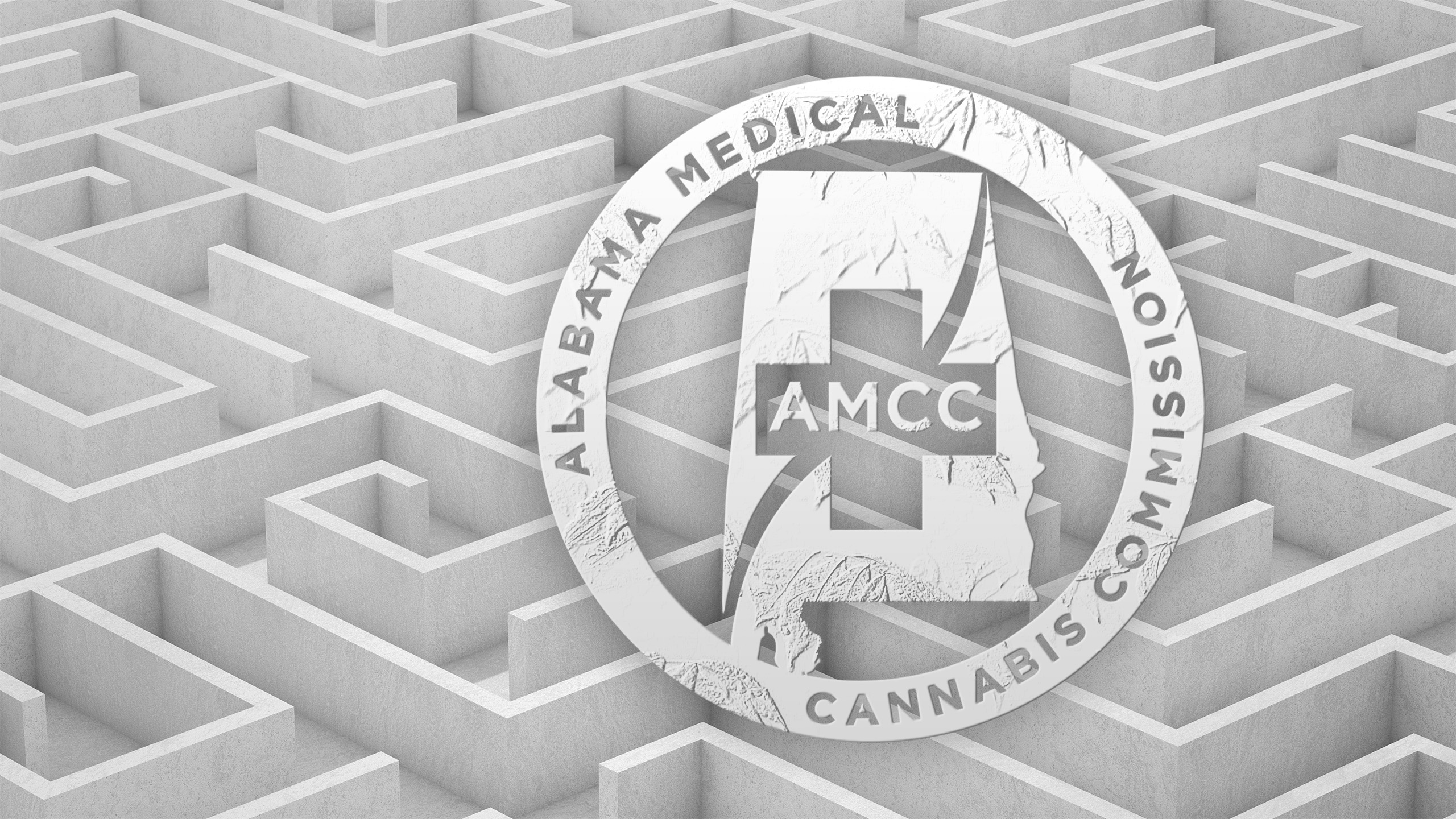An ever-growing number of parties crowded into the courtroom of Montgomery Circuit Judge James Anderson on Monday ahead of the Alabama Medical Cannabis Commission’s scheduled Thursday meeting to once again award licenses.
Despite the increased interest from parties sure to be involved in the lawsuit moving forward, not much changed Monday as Anderson continues to await the commission’s actions handling the awarding of licenses before getting into discovery and claims of an unfair process.
The most pressing complaint filed since the last hearing, a request of quo warranto to have Dr. Steven Stokes removed from the commission was ruled moot as Stokes resigned last week. Stokes, who had been the chair of the commission and had been involved in the process for three years, said he resigned to prevent that litigation from holding up the commission for months. The complaint was filed due to Stokes serving on the board of trustees for the University of South Alabama, while the act establishing the commission prohibits public officials from serving as a commissioner.
With that filing no longer applicable, there was little to go over. The parties discussed Alabama Always’ request that the court allow counsel to address commission members.
“My client was pleased with the ruling by Judge Anderson on our First Amendment filing – allowing anyone to speak to members of the Commission, as it should be,” said Will Somerville, counsel for Alabama Always. “This is a step in the right direction for more transparency in this process.”
Anderson didn’t issue a formal ruling so much as he advised that counsel has a right to approach commissioners, as public officials, and ask questions; albeit, the commissioners have the right to not answer. Questions to the staff, however, should go through the portal provided for applicants by the commission, Anderson said.
The plaintiffs also questioned whether the commission will violate the Open Meetings Act by once again decided on licenses within executive session, but Anderson said he would not order the commission to follow the Open Meetings Act, which is already binding on them.
One attorney argued before the judge that the statute regarding the licensing process may not allow for a redress of grievances if the licenses are awarded in an illegal meeting, but Anderson said his court “is always open.”
The lawsuit will likely take on a new form after the awarding of licenses Thursday, as parties could then present a case for discovery that Anderson has implied he will consider at that time.
The commission has still not made it clear exactly what error took place in the scoring of the applications that caused it to pause the process in June. The commission did being in an accounting firm to audit the scoring and assist in restarting the licensing process.



















































